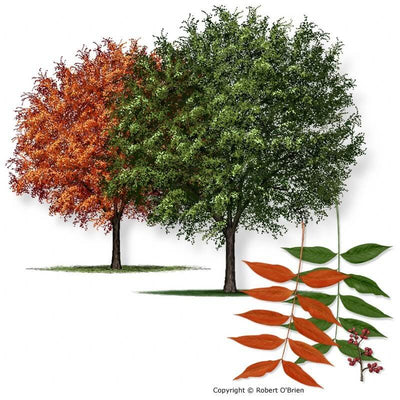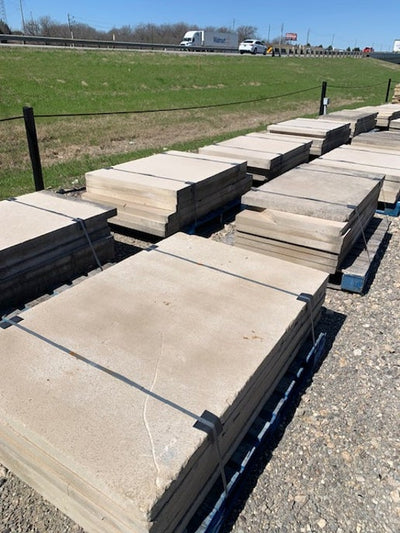Apple Arkansas Black
Apple Arkansas Black
Description: Arkansas Black apples are medium to large-sized fruit with a round to slightly conical shape. They are notable for their deep purple to nearly black skin, which often has a waxy finish. The flesh of the Arkansas Black apple is firm, crisp, and juicy, with a tart flavor that mellows over time in storage. The apples are excellent for fresh eating, but they also make flavorful additions to pies, sauces, and cider. The tree itself is moderately vigorous and bears fruit on spurs, typically producing a heavy crop every other year.
Size: Arkansas Black apple trees are medium-sized with a spreading growth habit. At maturity, they can reach heights of around 12 to 20 feet (3.7 to 6.1 meters) and spreads of 10 to 15 feet (3 to 4.6 meters). However, the size of individual trees may vary depending on factors such as growing conditions, rootstock, and pruning practices. It's essential to consider the space available when planting Arkansas Black apple trees to ensure adequate room for growth and proper air circulation.
Best Growing Zones: Arkansas Black apple trees are well-suited to regions with a temperate climate. They thrive in USDA plant hardiness zones 5 through 8, where they can experience the cold temperatures required for adequate winter chilling and the warm summers needed for fruit ripening. Arkansas Black apples prefer full sun exposure, receiving at least 6 to 8 hours of direct sunlight per day. They also require well-drained soil with good fertility and adequate moisture retention.
Soil and Sun Requirements: Arkansas Black apple trees prefer well-drained soil with good fertility and a slightly acidic to neutral pH level (around 6.0 to 7.0). They thrive in full sun exposure, which is essential for promoting vigorous growth, fruit development, and sugar accumulation in the apples. Adequate sunlight also helps reduce the risk of fungal diseases by promoting air circulation and drying out foliage. Arkansas Black apples are relatively adaptable to different soil types, including loamy, sandy, or clay soils, as long as they are well-drained and have good moisture retention.
Pollination: Arkansas Black apple trees are self-fertile, meaning they can set fruit with their pollen alone. However, cross-pollination with another apple tree of a different cultivar can increase fruit set and yield. Planting a compatible apple tree nearby can help ensure successful pollination and maximize fruit production.
Maintenance: Proper pruning and maintenance are essential for maximizing fruit production and maintaining the health of Arkansas Black apple trees. Prune as needed to remove dead, diseased, or overcrowded branches and to shape the tree for optimal sunlight penetration and air circulation. Thin out excessive fruit clusters to prevent branches from becoming weighed down and to promote larger, higher-quality apples. Fertilize Arkansas Black apple trees annually in early spring with a balanced fertilizer to provide essential nutrients for healthy growth and fruiting.


